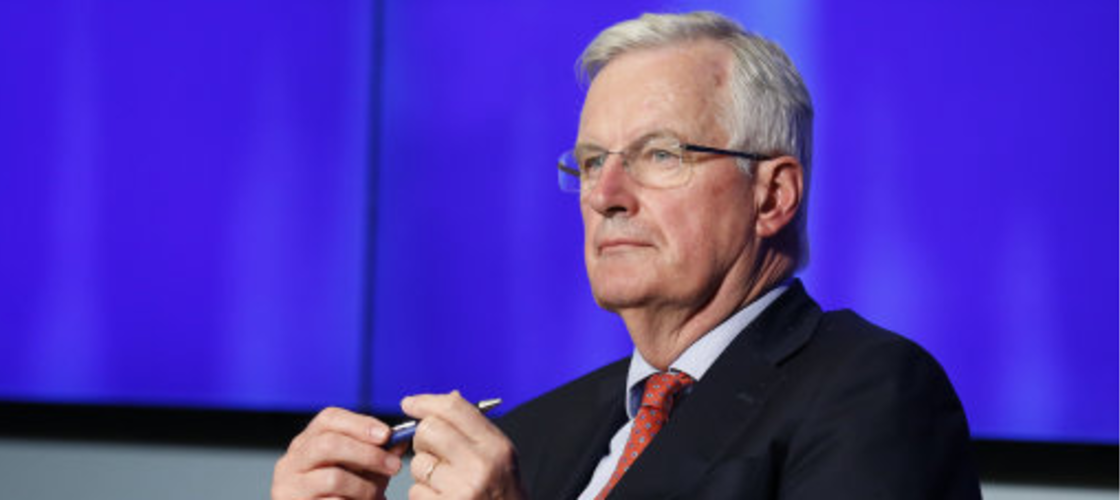Posted On:
5th September 2018 EU Brexit chief Michel Barnier has reportedly rubbished Theresa May's Chequers deal
EU Brexit chief Michel Barnier has reportedly rubbished Theresa May's Chequers deal
Credit:
PA
In a meeting with MPs from Parliament’s Brexit Committee yesterday, the EU’s chief negotiator is said to have slammed the Prime Minister’s latest offer to Brussels and backed a new plan that would limit convergence on trade and customs.
Speaking after the talks, Tory backbencher Jacob Rees-Mogg said Mr Barnier had described Mrs May’s Chequers proposals as “rubbish”.
His Conservative colleague and fellow Eurosceptic Christopher Chope added that none of those present “listening to Mr Barnier could be in any doubt” that he rejected the deal “without any qualification”.
While Brexit Committee chair and Labour MP Hilary Benn confirmed there had been an “emphatic rejection of the central plank of the Chequers proposal”.
Speaking on LBC, Tory backbencher John Wittingdale said: “What he did come forward with was an alternative which he was working on - which was based upon a free trade agreement such as the one signed with Canada…
“The Chequers option outside of the members of government appears to have very few friends."
The Prime Minister has been under increasing pressure to rethink the Chequers agreement, which would see the UK to maintain close economic ties with the EU, after it was revealed that it had failed to win the support of Tory voters.
A survey, commissioned by Global Britain and shared with the Telegraph, found that of 22,000 voters in the Tories' 44 most marginal seats three-quarters of people are "dissatisfied" with ministers’ handling of Brexit talks.
And over half of those polled believe the Prime Minister's Chequers plan is "bad" for the country, while just 21% believe it to be "good".